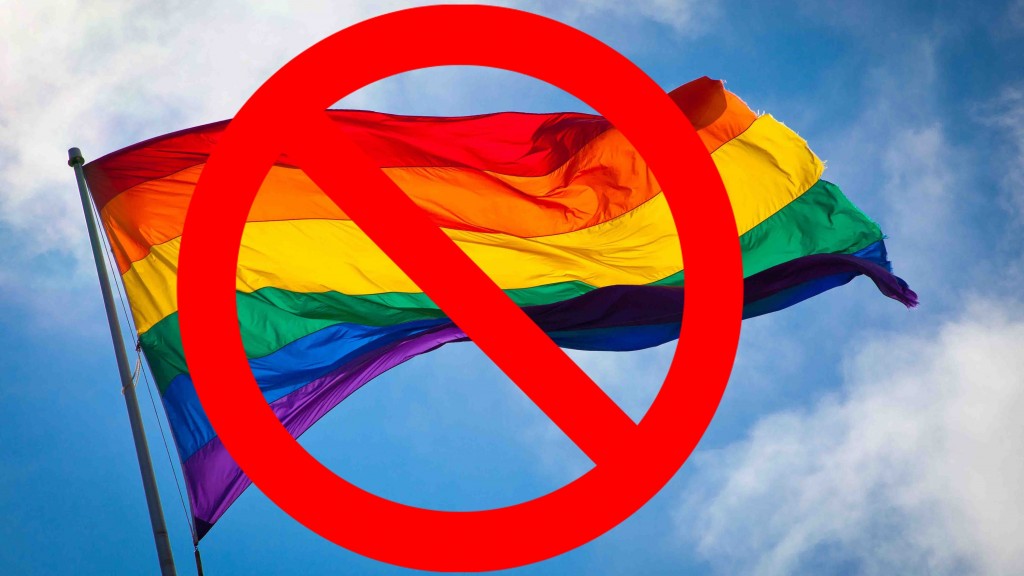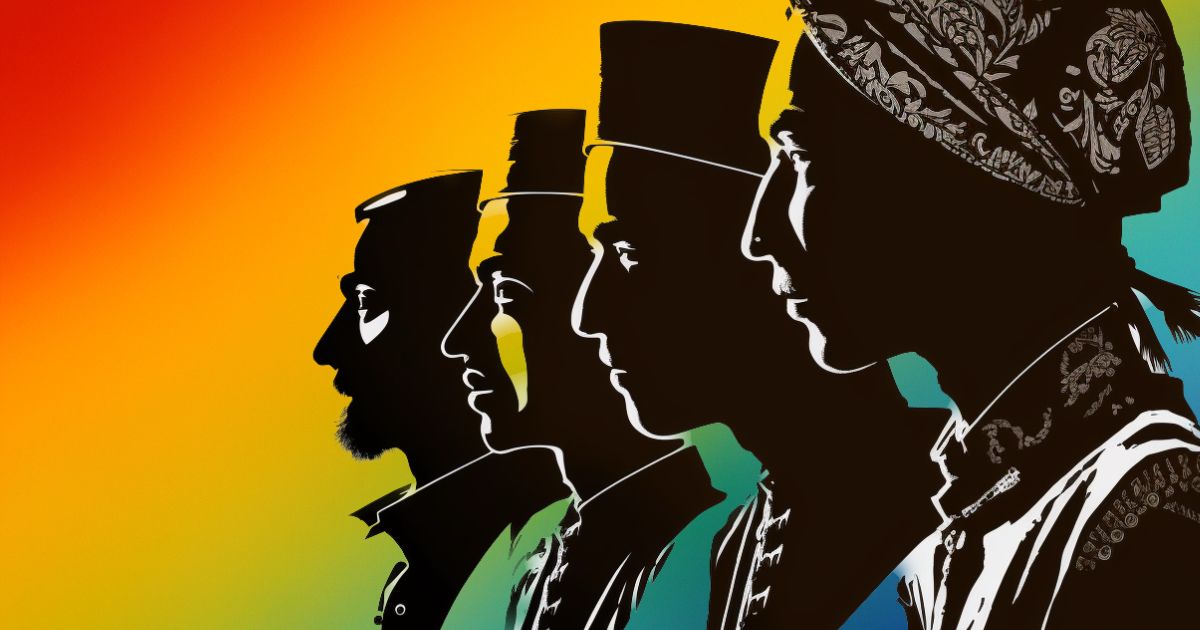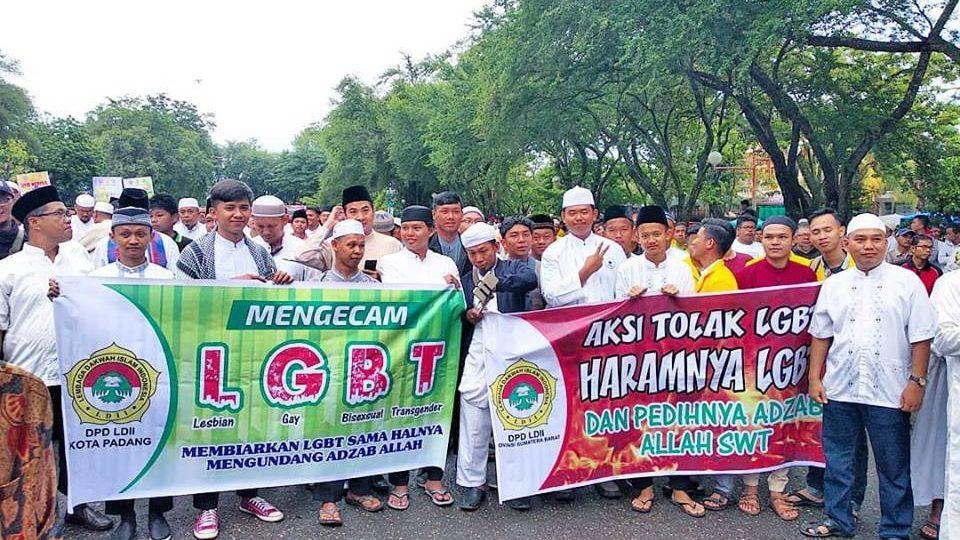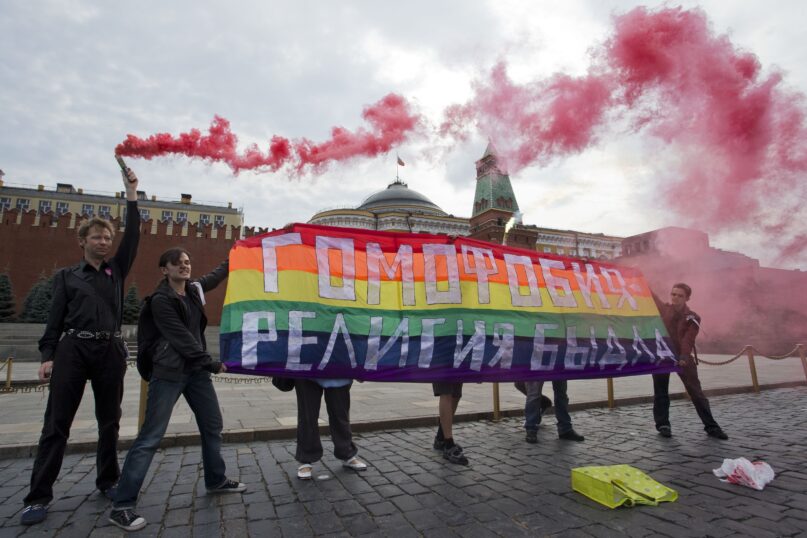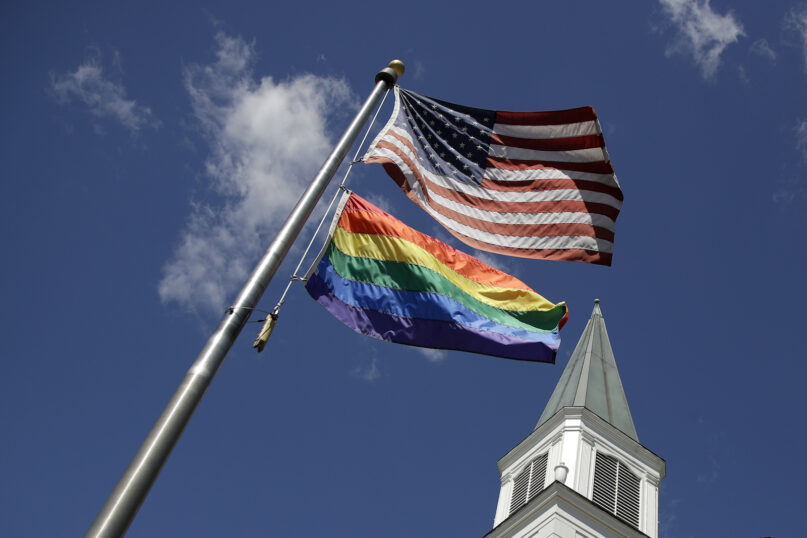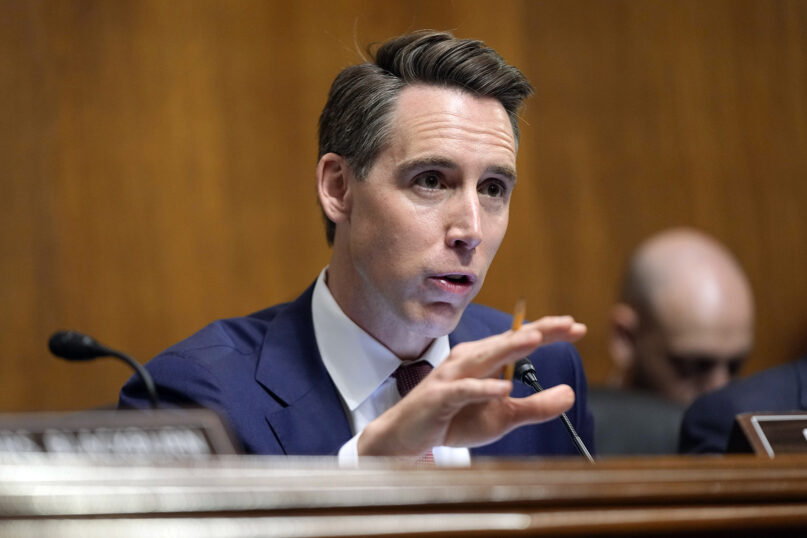Gideon Rubin
July 12, 2023

Associate Supreme Court Justice Clarence Thomas sits with his wife and conservative activist Virginia Thomas while he waits to speak at the Heritage Foundation on October 21, 2021 in Washington, DC. (Photo by Drew Angerer/Getty Images)
Sen. Sheldon Whitehouse (D-R.I.), who previously served as a state attorney general, said Wednesday he expect more damaging revelations about the Supreme Court to emerge in the coming weeks after The Guardian earlier in the day reported that lawyers with business before the Supreme Court paid money to Justice Clarence Thomas’ top aide’s Venmo account.
Stephanie Kirchgaessner writes for The Guardian that “The payments to Rajan Vasisht, who served as Thomas’s aide from July 2019 to July 2021, seem to underscore the close ties between Thomas, who is embroiled in ethics scandals following a series of revelations about his relationship with a wealthy billionaire donor, and certain senior Washington lawyers who argue cases and have other business in front of the justice.”
The Guardian’s account of payments to Vasisht follows a New York Times report alleging members of the Horatio Alger Association of Distinguished Americans provided Thomas with vacations and V.I.P. tickets to sporting events.
The latest revelations come after months of reporting that’s raised questions about the extent to which wealthy donors access to the Supreme Court’s justices warrants new ethical guidelines.
Whitehouse, who on Wednesday delivered a speech on the Senate floor advocating Supreme Court ethics reform, said he believes the latest reports are the “tip of the iceberg” during an appearance on MSNBC’s “The ReidOut with Joy Reid.”
“The speech basically points out that we are in a very peculiar environment at the Supreme Court with multiple right-wing billionaires…who are in various ways, seeing to the care and feeding of so far two United States Supreme Court justices,” Whitehouse said.
“I think this is the tip of an iceberg. A lot more investigation is required, but we're going to start work this coming week and getting a law passed to try to make this all the more transparent and make clear where it's absolutely wrong and shouldn't be done at all even if you have to disclose it later.”
Asked if he thinks there’s enough momentum to advance Supreme Court ethics reform, Whitehouse said it’s possible, noting that he expects new revelations in coming weeks to emerge that could further influence public opinion.
“I think there's going to be a lot more information coming out in the next few weeks,” Whitehouse said.
“So the story is going to continue to get worse, or these justices and Republicans are going to be in increasingly difficult position saying ‘nothing to see here, folks. Nothing to see here, folks,’ when even their own federal judges in their own states are rolling their eyes and saying ‘you've got to be kidding me. We would never do this in my part.’"
“Yeah, it is. It is a conundrum.”
Watch the video below or click the link.
